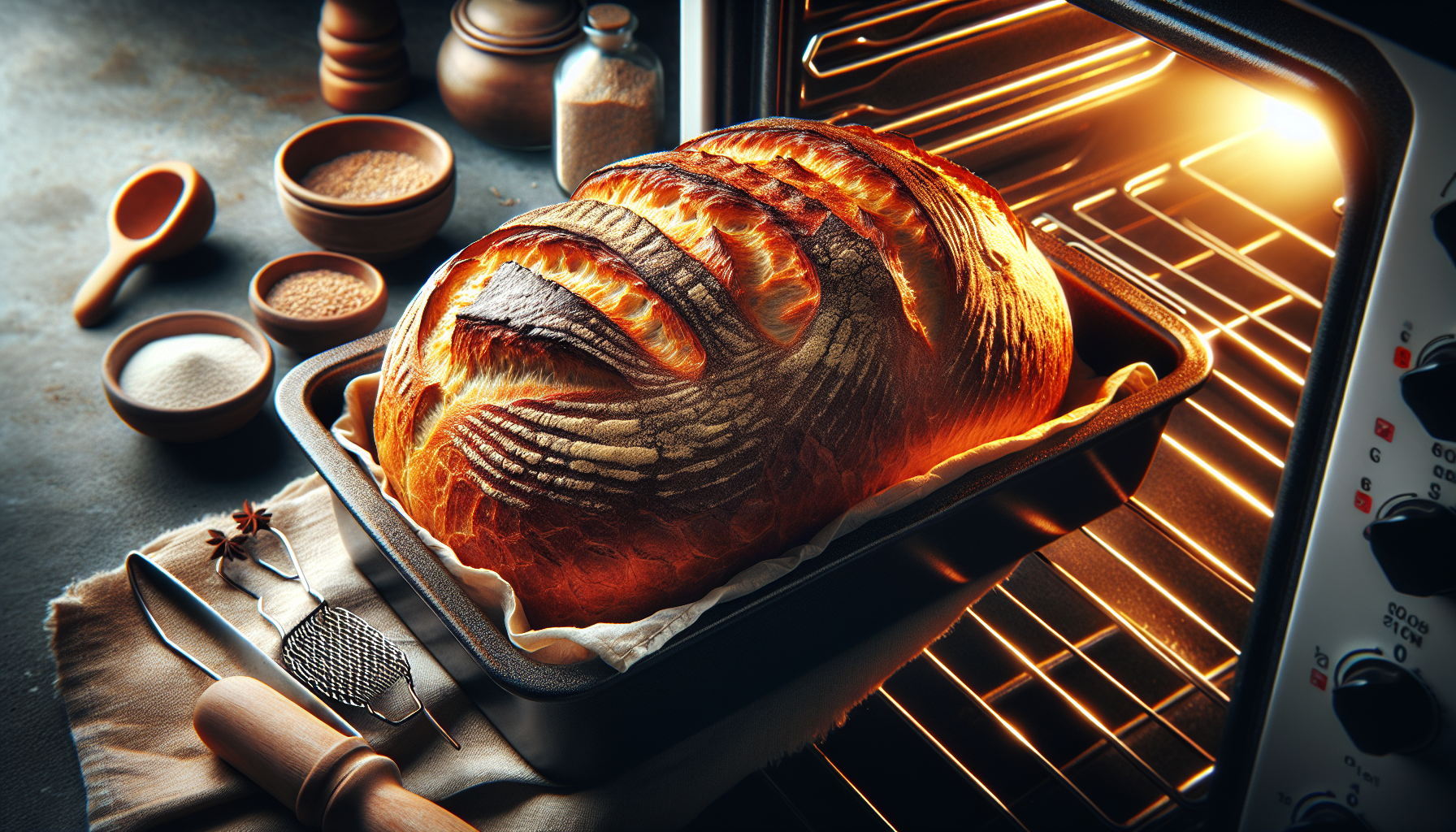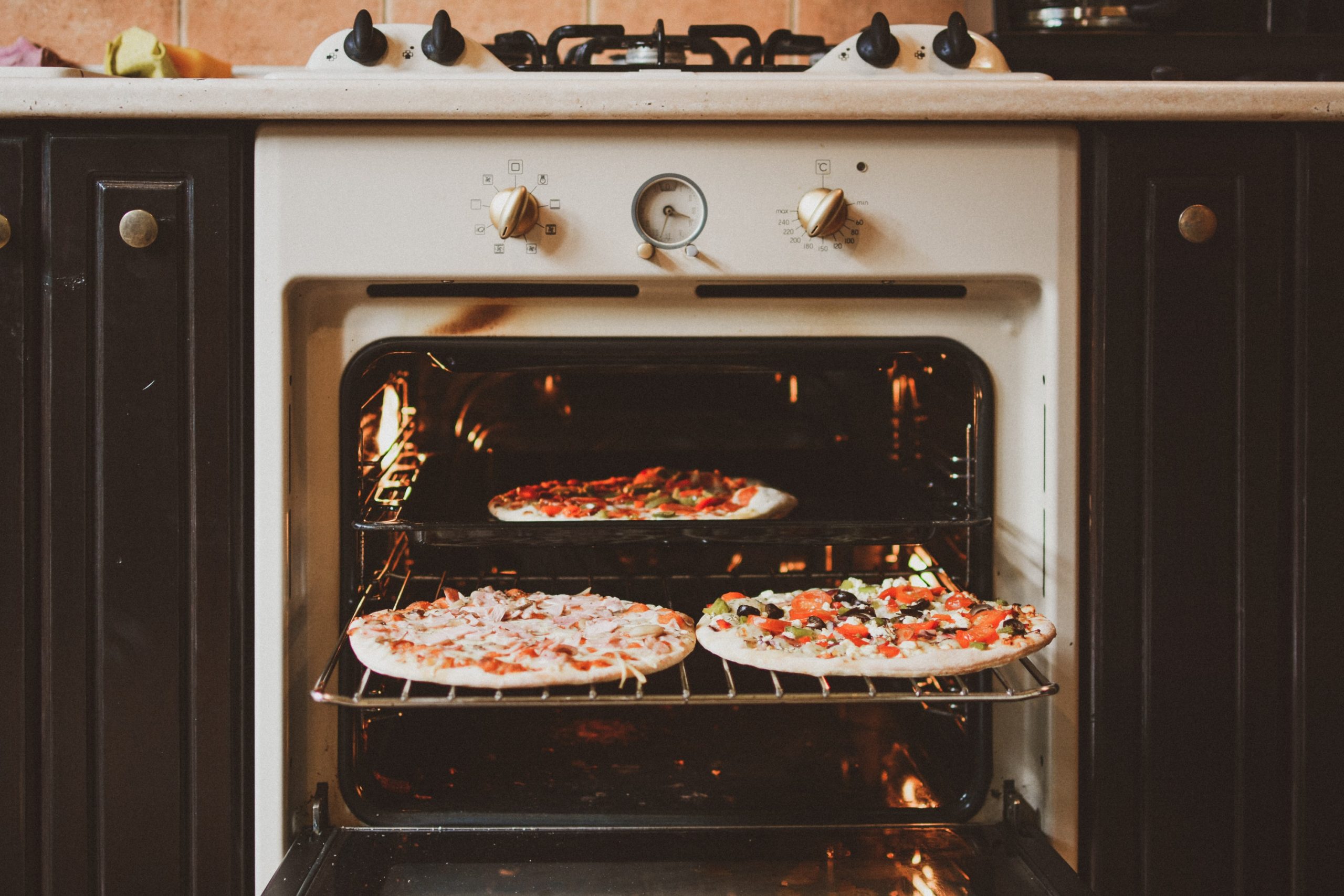Imagine effortlessly baking delicious treats in the oven, with perfect results every time. But what’s the secret to achieving that baking magic? It all starts with having the right cookware. The type of baking dish or pan you use can significantly impact the outcome of your creations. In this article, discover the key factors to consider when selecting the best cookware for baking in the oven, and unlock the secret to baking perfection. Say goodbye to burnt edges and unevenly cooked dishes – it’s time to elevate your baking game! When it comes to baking in the oven, choosing the right cookware can make all the difference in the final result of your baked goods. There are various types of cookware materials to choose from, each with its own advantages and disadvantages. In this article, we will explore the different types of cookware for baking and help you determine which one is best suited for your needs.
Some suggestions to consider!
SODAY 12 Pcs Pots and Pans Set Non stick, Cookware Sets Black Granite Induction Cookware, Non-toxic Healthy Nonstick Kitchen Cooking Set with Frying Pans Set, Saucepans (PFAS/PFOA/PFOS Free)
30% Offbella 9 Piece Ceramic Nonstick Cookware Set, Fits-anywhere™ Kitchenware w EverGood™ Coating, Dishwasher & Oven Safe, All Stovetops Compatible, Stackable Design, Cool Touch Handles, Surf
69% OffSODAY 15Pcs Pots and Pans Set Non Stick, Cookware Sets with Detachable Handle, Nonstick RV Kitchen Cooking Tools Removable Handles, Oven Safe, Induction Fast, Stackable Induction Cookware,Black
44% Off
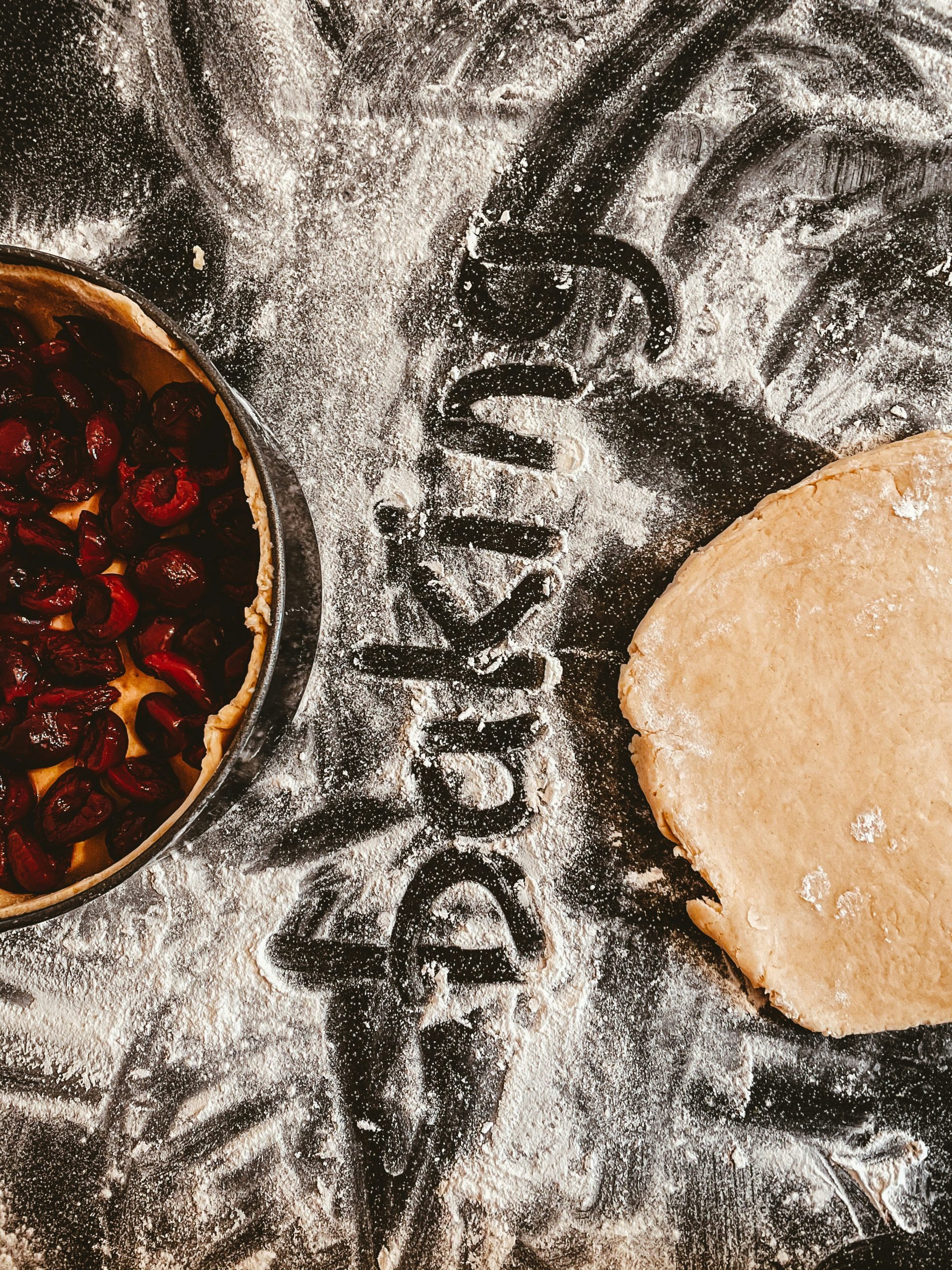
Types of Cookware for Baking
Stainless Steel
Stainless steel is a popular choice for baking due to its durability and even heat distribution. It is known for its ability to resist rust and corrosion, making it a long-lasting option. Stainless steel cookware also doesn’t react with acidic ingredients, ensuring that your baked goods won’t have a metallic taste. Additionally, stainless steel cookware is highly versatile and can be used for various baking tasks, from cookies to cakes.
Aluminum
Aluminum is another commonly used material for baking cookware. It is an excellent heat conductor, which means that it heats up quickly and distributes heat evenly across the surface. This ensures that your baked goods are cooked consistently. Aluminum cookware is also lightweight, making it easy to handle and maneuver in the kitchen. Furthermore, aluminum cookware is often more affordable compared to other materials, making it a budget-friendly option for baking enthusiasts.
Cast Iron
Cast iron cookware has been used for centuries and is well-known for its superior heat retention properties. It absorbs, retains, and distributes heat evenly, allowing your baked goods to cook thoroughly and evenly. Cast iron is extremely durable and long-lasting, often passed down through generations. Another advantage of cast iron is its compatibility with induction cooktops, making it a versatile option for those who have induction stovetops. Additionally, cast iron imparts a unique flavor to baked goods, enhancing the overall taste and experience.
Ceramic
Ceramic cookware is a popular choice for both beginners and experienced bakers. It provides even heat distribution, ensuring that your baked goods are cooked to perfection. Ceramic is also a nonreactive material, meaning it won’t interact with your ingredients and impact the taste of your baked goods. Many ceramic cookware options are also nonstick, which makes for easy release of baked goods and hassle-free cleaning. Additionally, ceramic cookware is considered to be more eco-friendly compared to other materials.
Glass
Glass cookware is a transparent and versatile option for baking in the oven. One of the main advantages of glass cookware is its transparency, allowing you to easily monitor the browning and cooking process of your baked goods. Glass is also a nonreactive material, ensuring that your ingredients won’t be affected by the cookware. Another benefit of glass cookware is its heat retention properties, meaning it will keep your baked goods warm for a longer period of time. Lastly, glass cookware is relatively easy to clean, making it a convenient option for busy bakers.
Silicone
Silicone cookware has gained popularity in recent years due to its flexible and nonstick properties. It is heat resistant and can withstand high temperatures, making it suitable for baking in the oven. Silicone is also easy to clean, as most baked goods easily release from its surface. Additionally, silicone cookware is highly versatile and can be used for a wide range of baking tasks, from cakes to muffins. It is also a lightweight option, making it easy to handle in the kitchen.
Choosing the Right Material
When it comes to choosing the right cookware material for baking, there are several factors to consider.
Heat Conductivity
Heat conductivity refers to how well the cookware material distributes heat. It is important to choose a material that heats up quickly and evenly, ensuring that your baked goods are cooked consistently. Materials like aluminum and cast iron are known for their excellent heat conductivity.
Durability
Durability is another crucial factor to consider. You want cookware that will last for a long time and withstand the rigors of baking. Stainless steel and cast iron are both highly durable options, known for their longevity.
Nonstick Properties
Nonstick properties can make your baking experience much easier. Nonstick cookware prevents your baked goods from sticking to the surface, making for easy release and clean-up. Ceramic and silicone cookware are known for their nonstick properties.
Weight
The weight of the cookware is also important to consider, especially if you have to handle it frequently in the kitchen. Lightweight cookware, such as aluminum and silicone, can be easier to manage, particularly for those with limited strength or mobility.
Versatility
Versatility is another factor to keep in mind. You may want to choose cookware that can be used for various baking tasks, such as cakes, cookies, or bread. Stainless steel, aluminum, and silicone cookware are all highly versatile options.
Benefits of Stainless Steel
Stainless steel cookware offers a range of benefits that make it ideal for baking in the oven.
Even Heat Distribution
Stainless steel is known for its excellent heat distribution properties. It heats up quickly and evenly, ensuring that your baked goods are cooked consistently and thoroughly.
Durability and Longevity
Stainless steel is highly durable and long-lasting, making it a worthwhile investment for your kitchen. It can withstand high temperatures and resist rust and corrosion, ensuring that it will last for years to come.
Nonreactive Surface
Stainless steel cookware does not react with acidic ingredients, ensuring that your baked goods won’t have a metallic taste. This makes it a great choice for recipes that include ingredients like citrus or tomatoes.
Versatility
Stainless steel cookware is highly versatile and can be used for a wide range of baking tasks. From cookies to cakes, stainless steel cookware can handle it all.
Advantages of Aluminum
Aluminum cookware offers several advantages that make it a popular choice for baking.
Excellent Heat Conduction
Aluminum is an excellent heat conductor, meaning it heats up quickly and distributes heat evenly across the surface. This ensures that your baked goods are cooked consistently and thoroughly.
Affordability
Aluminum cookware is often more affordable compared to other materials, making it a budget-friendly option for those starting their baking journey or looking for more economical solutions.
Lightweight
Aluminum cookware is lightweight, making it easy to handle and maneuver in the kitchen. This can be particularly beneficial for individuals with limited strength or mobility.
Nonstick Coating Compatibility
Aluminum cookware is often compatible with nonstick coatings, allowing for easy release of baked goods and hassle-free cleaning. However, it’s important to note that nonstick coatings can wear off over time and require proper care and maintenance.
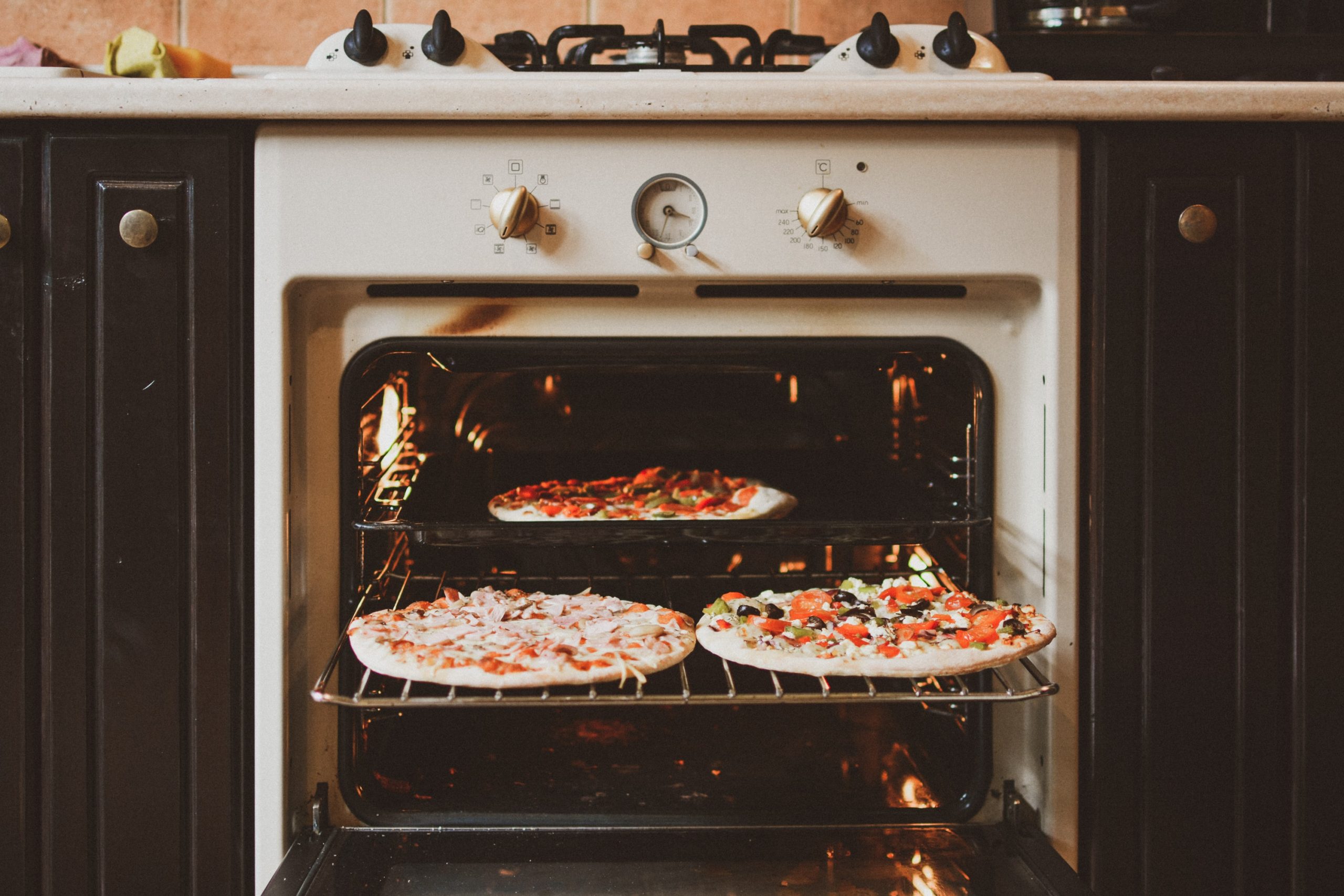
Pros of Cast Iron
Cast iron cookware offers a range of advantages that make it a favorite among baking enthusiasts.
Superior Heat Retention
Cast iron is known for its superior heat retention properties. It absorbs, retains, and distributes heat evenly, ensuring that your baked goods are cooked thoroughly.
Durable and Long-lasting
Cast iron cookware is extremely durable and long-lasting. It can withstand high temperatures and can be passed down through generations, making it a worthwhile investment for your kitchen.
Induction Cooktop Compatibility
Cast iron cookware is compatible with induction cooktops, making it a versatile option for those with induction stovetops. This enables you to use your cast iron cookware not only in the oven but also on the stovetop.
Unique Flavors
One of the unique benefits of cast iron cookware is the flavor it imparts to baked goods. The seasoning on the surface of cast iron adds a distinctive taste that enhances the overall flavor of your baked goods.
Benefits of Ceramic
Ceramic cookware offers a range of benefits that make it well-suited for baking.
Even Heat Distribution
Ceramic cookware provides even heat distribution, ensuring that your baked goods are cooked to perfection. This helps to avoid any hotspots that could result in over or undercooked areas.
Nonreactive Surface
Ceramic cookware is nonreactive, meaning it won’t interact with the ingredients of your baked goods. This ensures that your flavors stay true and are not affected by the cookware.
Nonstick Properties
Many ceramic cookware options come with a nonstick coating, which makes for easy release of baked goods and effortless cleaning. This can be particularly useful when dealing with sticky batters or delicate pastries.
Eco-Friendly
Ceramic cookware is considered to be more eco-friendly compared to other materials. It is typically made without toxic chemicals or heavy metals, making it a safer and more sustainable choice.
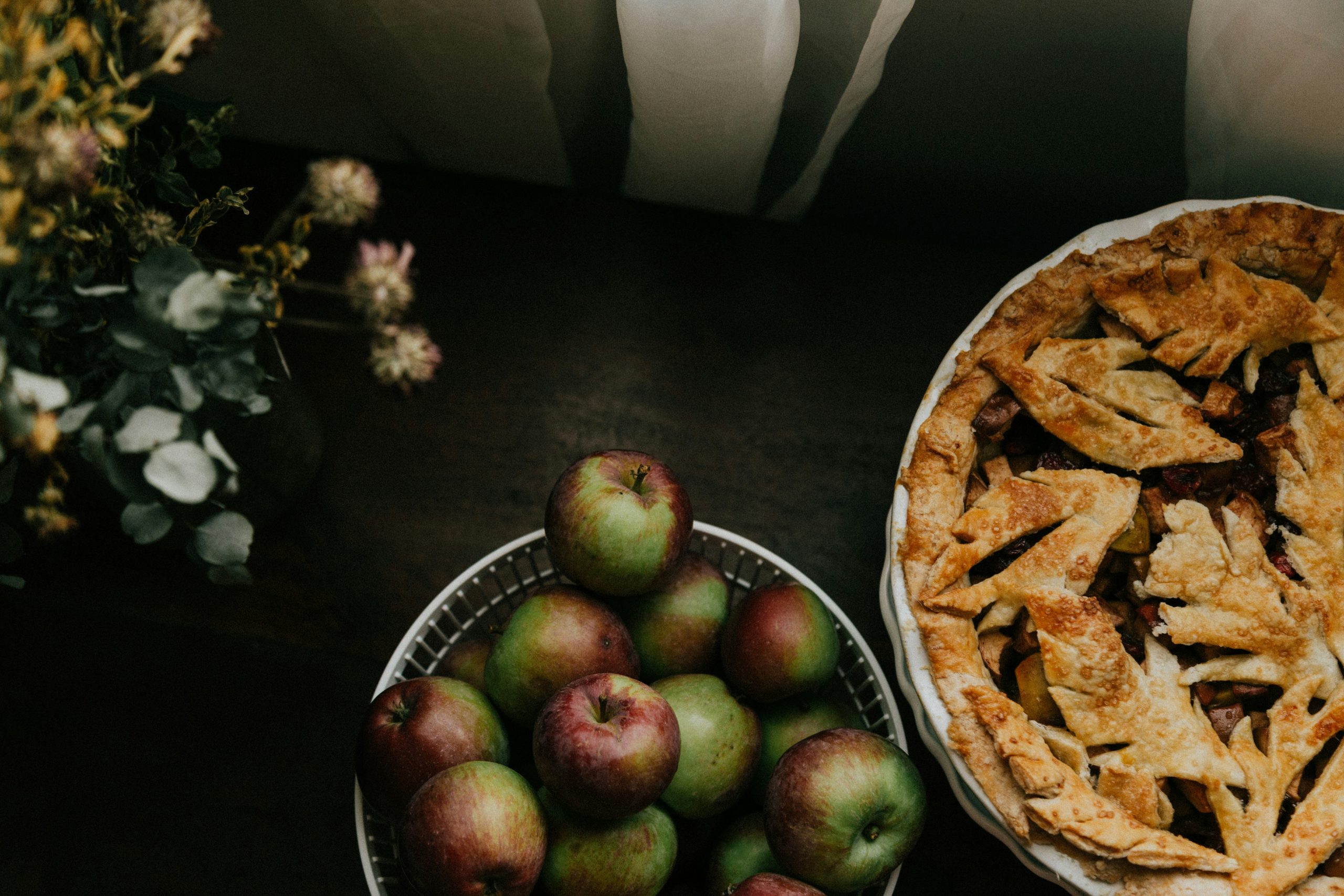
Advantages of Glass
Glass cookware offers several advantages that make it a popular choice for baking.
Transparency and Visibility
One of the main advantages of glass cookware is its transparency. It allows you to easily monitor the browning and cooking process of your baked goods, ensuring they are cooked to perfection.
Nonreactive Material
Glass cookware is a nonreactive material, meaning it won’t interact with your ingredients and alter their taste. This ensures that your flavors stay true and are not affected by the cookware.
Heat Retention
Glass cookware is known for its heat retention properties, meaning it can keep your baked goods warm for a longer period of time. This can be particularly beneficial if you need to transport or serve your baked goods.
Easy to Clean
Glass cookware is relatively easy to clean, as it doesn’t require any special cleaning agents or techniques. Most baked goods easily release from the surface, and glass is dishwasher-safe, making clean-up a breeze.
Pros of Silicone
Silicone cookware offers several advantages that make it a popular choice for baking in the oven.
Flexible and Nonstick Properties
Silicone cookware is flexible and nonstick, making it easy to remove your baked goods without them sticking to the surface. This ensures that your baking creations stay intact and presentable.
Heat Resistance
Silicone is heat resistant and can withstand high temperatures, making it ideal for baking in the oven. It can also be used in the freezer, microwave, and dishwasher, offering versatility in the kitchen.
Easy to Clean
Silicone cookware is extremely easy to clean. Most baked goods easily release from its surface, and it can be washed with warm, soapy water or simply placed in the dishwasher.
Versatility
Silicone cookware is incredibly versatile and can be used for various baking tasks. From cakes and muffins to bread and cookies, silicone is a reliable material that can handle it all.
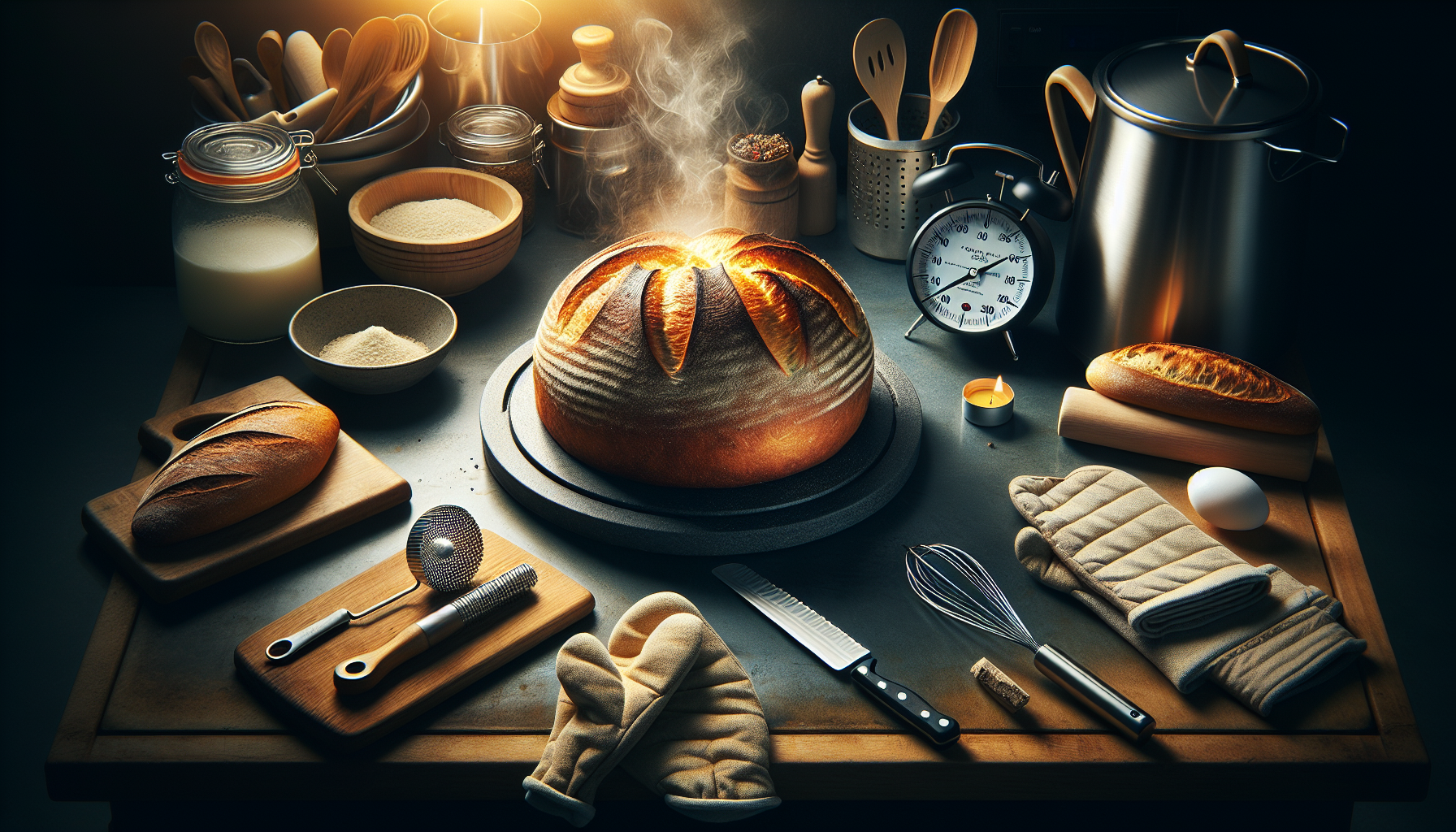
Considerations When Choosing Cookware
When choosing the right cookware for baking, there are several considerations to keep in mind.
Budget
Your budget will play a role in the type and quality of cookware you can afford. Consider your baking needs and allocate a budget accordingly.
Cooking Needs
Think about the types of baked goods you frequently make and choose cookware that is suitable for those specific needs. Consider the sizes and shapes of the cookware that will meet your requirements.
Cooktop Compatibility
If you plan on using your cookware for both oven baking and stovetop cooking, consider the compatibility with your cooktop. Some materials, such as cast iron, are suitable for both oven and stovetop use, while others may not be.
Cleaning and Maintenance
Consider the cleaning and maintenance requirements of the cookware. Some materials, like stainless steel and glass, are easy to clean, while others may require more specialized care and attention.
Space and Storage
Consider the space and storage options in your kitchen. If you have limited storage space, you may want to choose cookware that is stackable or compact in design.
Conclusion
Choosing the right cookware for baking can greatly impact the outcome of your baked goods. Whether you prefer stainless steel for its even heat distribution and versatility, aluminum for its excellent heat conductivity and affordability, cast iron for its superior heat retention and unique flavors, ceramic for its even heat distribution and nonreactive surface, glass for its transparency and easy cleaning, or silicone for its flexibility and versatility, there are plenty of options to suit your needs. Consider factors such as heat conductivity, durability, nonstick properties, weight, and versatility when making your decision. Ultimately, the best cookware for baking in the oven is one that meets your budget, cooking needs, and personal preferences. Happy baking!
